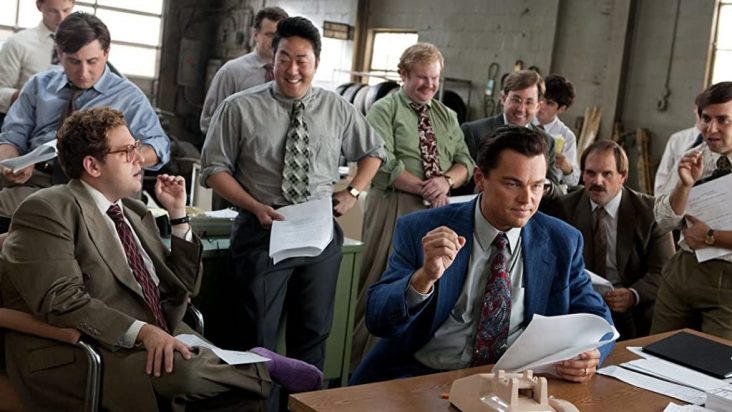Over the years, many movies have been released that have broken all sorts of box office records, both nationally and internationally. These movies have been loved by the audience and appreciated for the talent of the actors, screenwriters, and directors. However, there are many movies, that have done well at the box office but have been banned in many parts of the world. This could be due to historical, political, or religious contexts, resulting in the hurting of the sentiments of many people in those countries. We have curated a list of some famous movies that have been banned in many parts of the world. Let’s have a look at them.
The Wolf of Wall Street
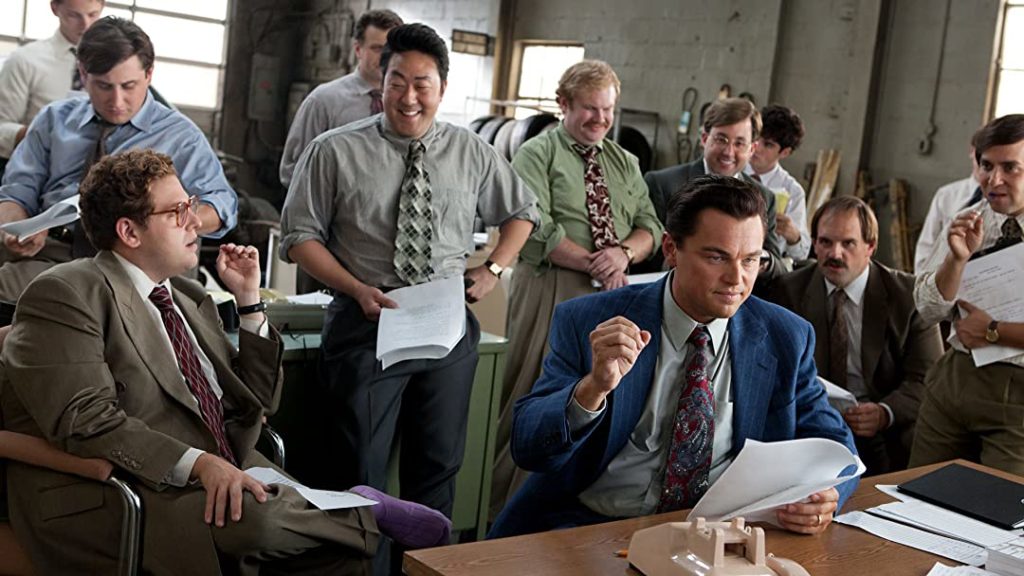
Martin Scorsese had a lot to say in this ceremoniously loved and equally hated film that came out in 2013. The Wolf of Wall Street follows a young stockbroker (played by Leonardo DiCaprio) who hits it big and loses his mind-blowing newfound wealth. Scorsese packed this one full of drugs, sex, and partying, but he didn’t lay off the corporate fat-cats who actually live and act this way in real life.
Brokeback Mountain
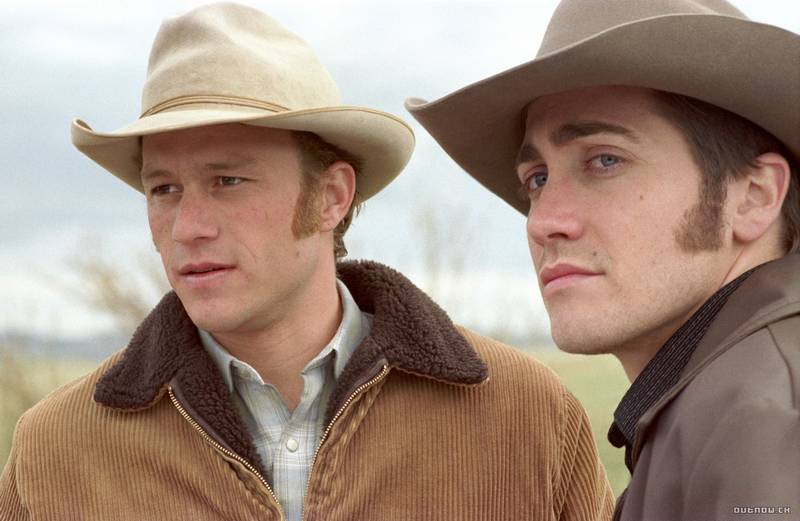
This movie was one of the most important films to come out in the early 2000s as far as boldness and social integrity go. Brokeback Mountain takes the viewer on a journey navigating the relationships of two cowboys who were engaging in a sexual relationship while hiding it from their loved ones. The end is tragic, and Brokeback Mountain speaks clearly to what was wrong about the perception of homosexuality at the time.
The Simpsons Movie
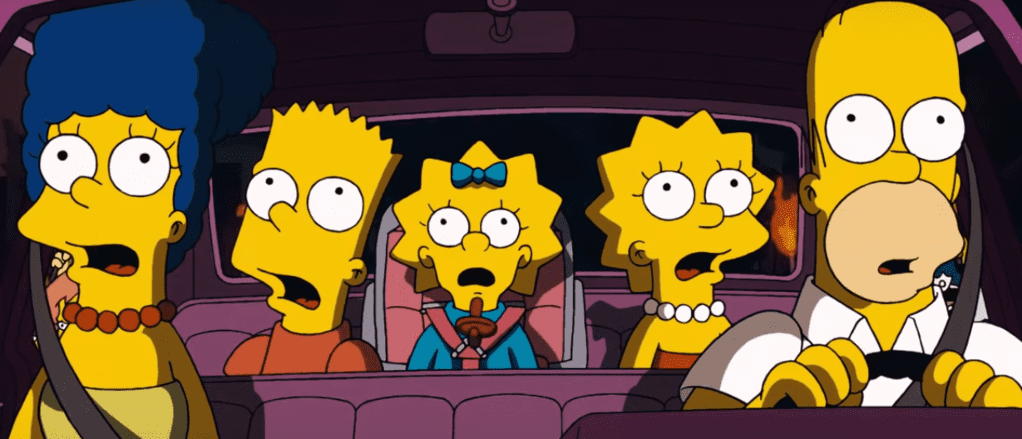
The country of Burma banned the distribution of The Simpsons Movie nationwide. Evidently, the primarily yellow and red color scheme was the chosen colors of a local rebel militia. By the way, The Simpsons Movie 2 was just announced, and it’s likely that this one isn’t going to get banned there, so what gives?
The Interview
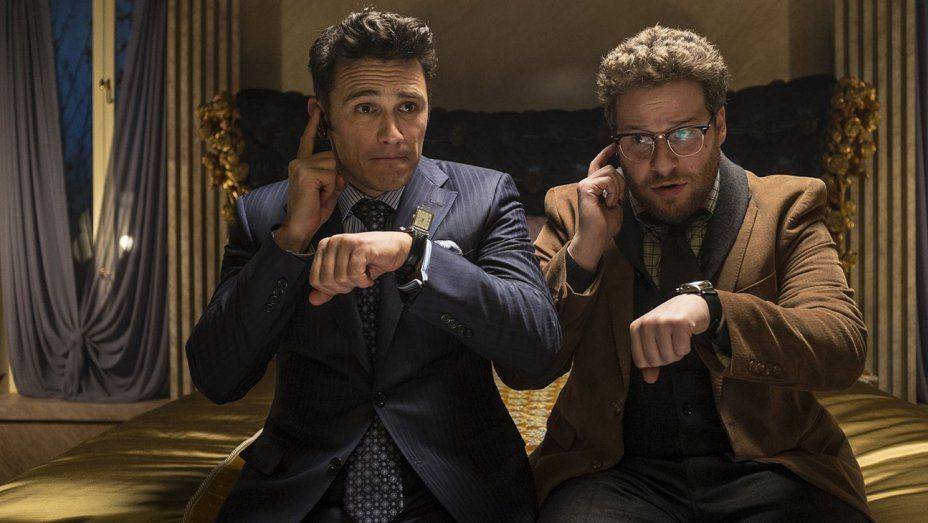
This movie got banned in Russia, where the political powers use the media to paint Kim Jong-un as a stable world leader with equal power to the US and allied territories. Needless to say, Kim Jong-un didn’t like this depiction of his likeness. But, all American movies are banned in North Korea anyway, so it’s likely that the general population there doesn’t even know that this exists.
The Texas Chainsaw Massacre
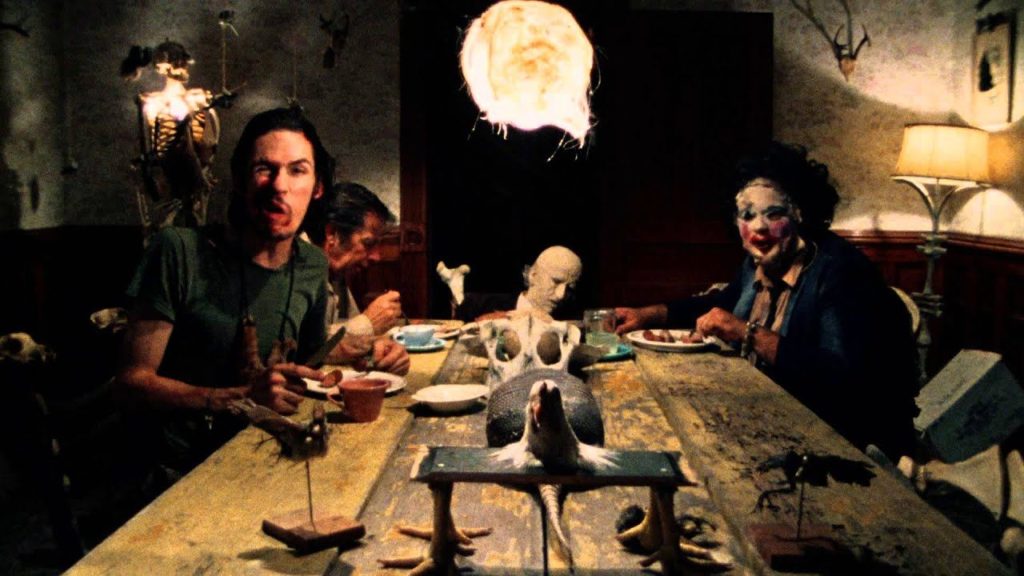
This movie got banned in West Germany, Singapore, and numerous Scandanavian countries because of its disturbing imagery and violent theme. Believe it or not, this movie is still censored in some of the places that it was originally banned. The Texas Chainsaw Massacre is the grandfather of the slasher genre, and it deserves a watch if your local government permits it.
Apocalypse Now
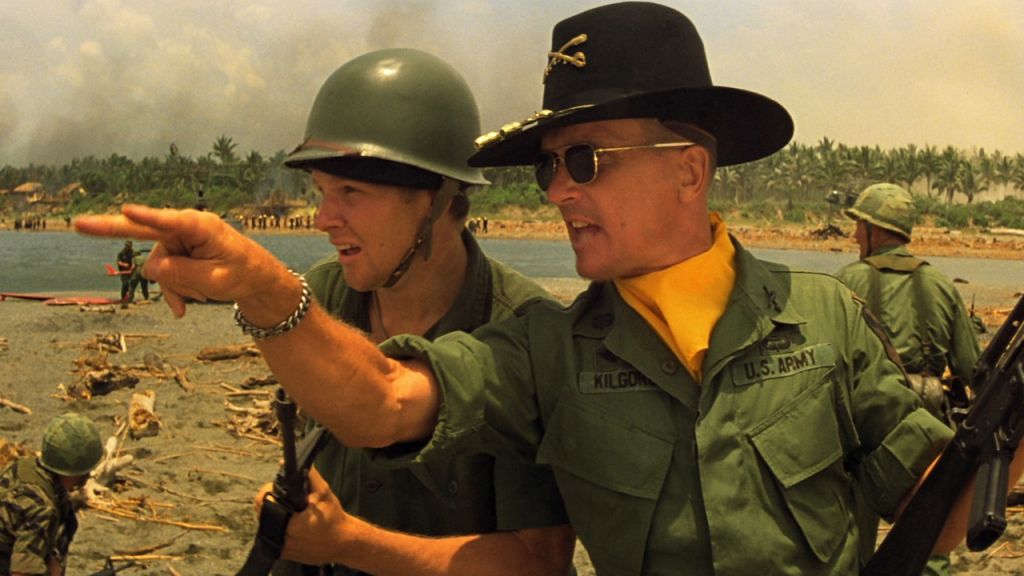
Apocalypse Now is a conversation about the Vietnam War controversy. This movie was banned in South Korea because of its “anti-war” theme. South Korea lifted its ban on the movie recently to showcase what’s considered to be one of the greatest war movies of all time.
All Quiet on the Western Front
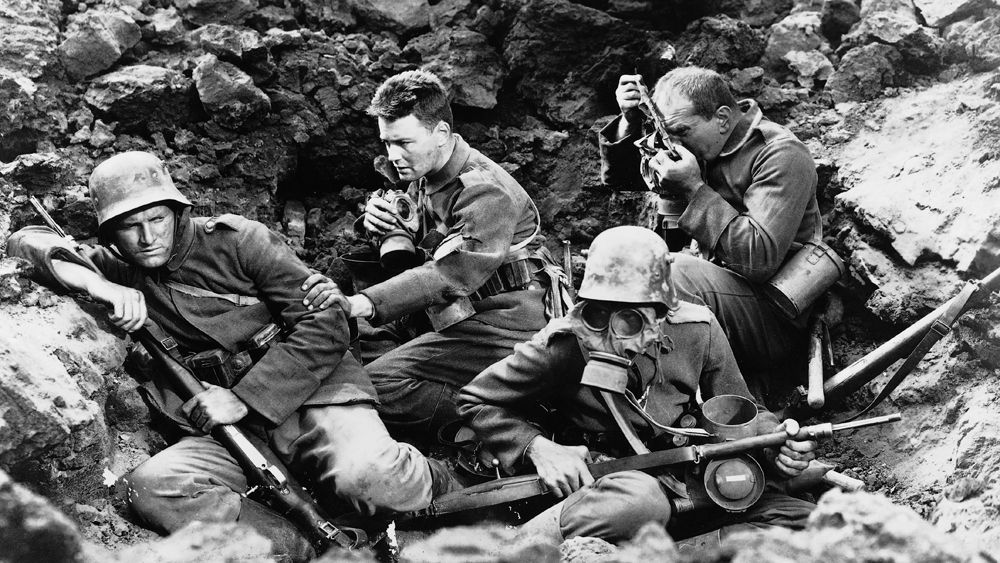
Fortunately, America was fighting for the morally correct side of history. So, the American government was willing to stop shielding the movie from society and allowed it to be shown in theatres through the 1930s and 40s. However, during the same time, this movie was banned in Germany for its anti-Nazi stance, and it was banned in Australia and New Zealand to promote pro-war efforts within their small communities.
A Clockwork Orange
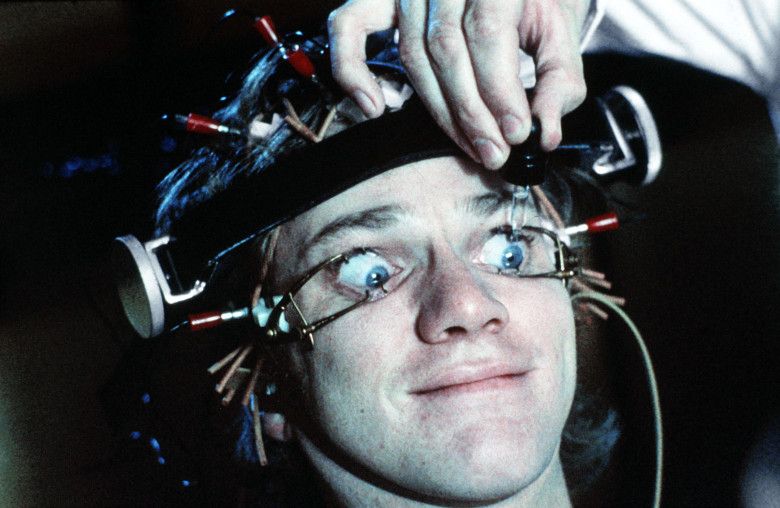
After A Clockwork Orange’s release, Kubrick noticed that there were some copycat murders happening around the UK. A 16-year-old boy murdered an elderly homeless man after “hearing” about a similar scene in the movie that had yet to be released. This was deeply upsetting for the director, so he decided to pull the movie from the UK market altogether.
The Last Temptation of Christ
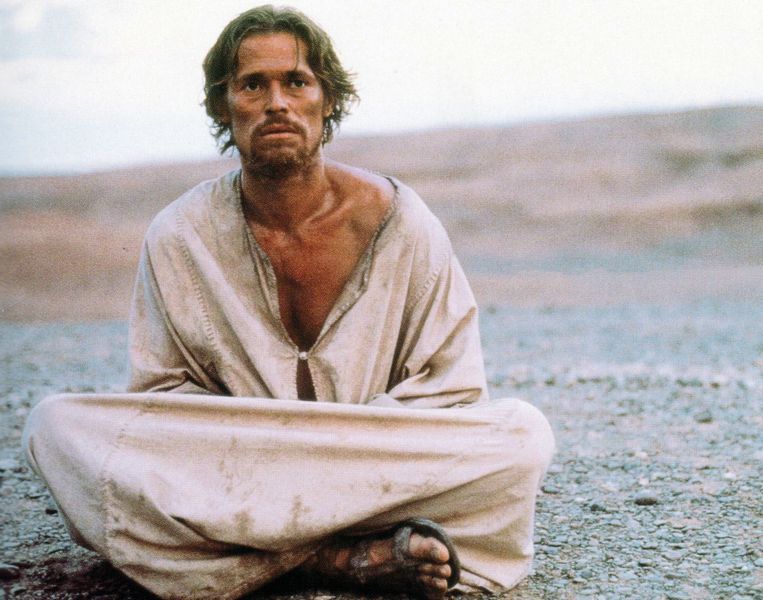
This movie was banned in Isreal on release, but was later allowed when it was rebranded as “satire.” The Last Temptation of Christ was completely banned in Singapore, where it is still illegal to show. Luckily, in America, we have the ability to freely watch things even if they go against the institutionalized belief of Christianity in the government. But, if it weren’t for the first amendment, we would likely be disallowed from viewing the movie.
The Blue Kite
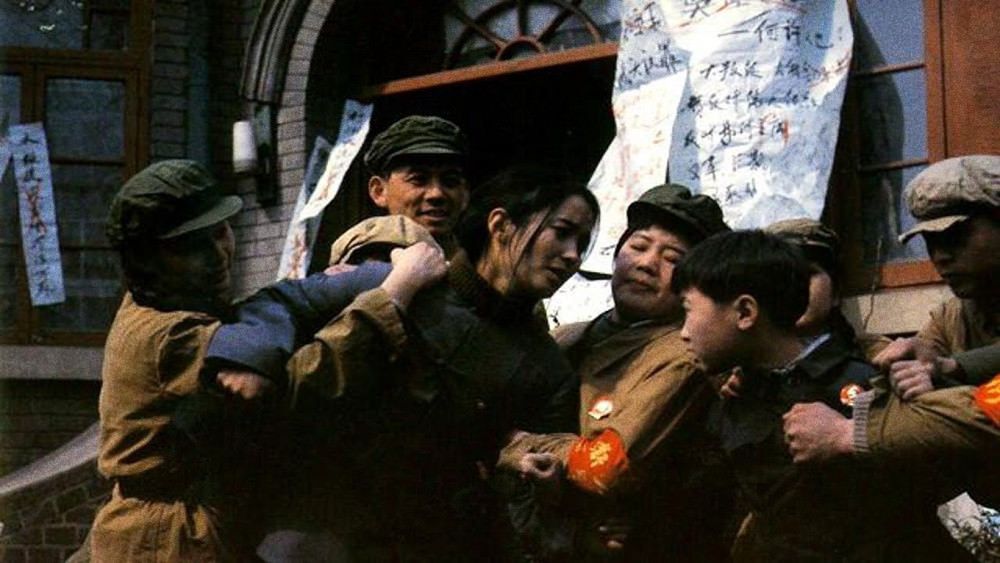
The Blue Kite is told from the perspective of a young Chinese boy growing up in Beijing around 1950. This movie depicts the long-covered-up cultural revolution in central China, and it speaks to the terrible reality of living under an oppressive government. This movie will likely force you to observe the people’s plight in China. You might even learn something if you sit through the whole thing.
